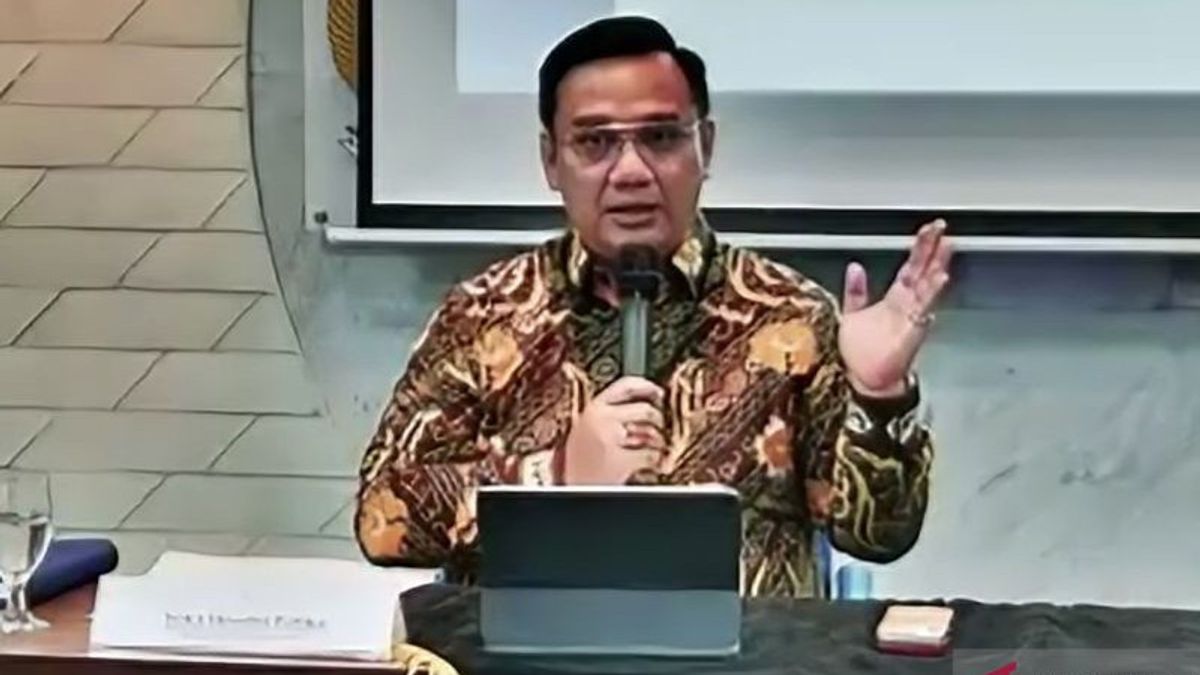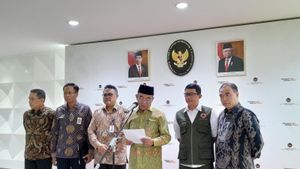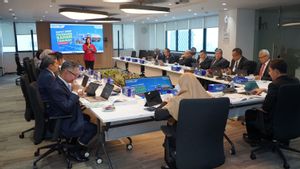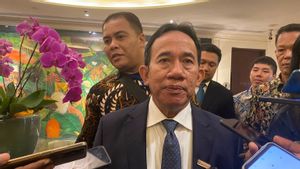
The Ombudsman found a number of problems in the mandatory regulation of planting garlic, one of which was importers who cut the cost of planting to farmers.
“ The provision of funds for planting garlic from importers is far from the needs of farmers. For example, in the Temanggung area (Central Java), the need for the cost of planting garlic per hectare per planting season is Rp. 70 million. However, many importers only provide funds for planting garlic to implementing farmers are required to plant garlic amounting to Rp. 15 million-20 million,” said Ombudsman Member Yeka Hendra Fatika when delivering information to the media online at the Indonesian Ombudsman Building, Jakarta, Antara, Tuesday, January 16.
The cutting of the planting funds, he said, boils down to farmers who have to bear the difference in planting costs. If farmers are unable to bear it, it will result in a decrease in the production of local farmers.
In fact, the Regulation of the Minister of Agriculture Number 46 of 2019 concerning the Development of Strategic Horticulture Commodities, the mandatory regulation of planting aims to increase added value and competitiveness of local production.
The Regulation of the Minister of Agriculture also requires importers who receive Horticultural Product Import Recommendations (RIPH) to plant with production reaching 5 percent of the total imports of garlic they submit. Planting can be done by farmer groups that have been chosen. Automatically, the need for planting costs is fully the responsibility of importers.
“ So, the impact of farmers must meet the rest, if they are able. If they are not able then the potential for failure to grow is huge, ” said Yeka.
In addition to finding inappropriate planting costs, the Ombudsman also found discrepancies between the mandatory commitment to plant and the realization of mandatory planting of garlic by importers. Then there are fictitious members in the implementing farmer group who are obliged to plant garlic.
Despite not carrying out mandatory planting obligations, the Ombudsman found that a number of importers could still import by creating new companies.
“ The government should be wary of this new company. It is very likely that they are actually behind them are reluctant business actors who previously did not have to plant before but the problem is why business actors avoid this is the question that we will check next,” he said.
The Ombudsman also found allegations of illegal levies in the issuance of RIPH garlic with varying nominally based on the RIPH value obtained. Based on the report received, business actors are subject to illegal levies of Rp200-250 per kg.
Then, the discovery of the issuance of RIPH which exceeded the plan to import garlic that had been set by the government through the National Coordination Meeting. Yeka gave an example of the 2023 National Coordination Meeting agreeing on the number of garlic imports of 560 thousand tons. Meanwhile, the RIPH issued by the Ministry of Agriculture reached 1.2 million tons.
관련 항목:
The English, Chinese, Japanese, Arabic, and French versions are automatically generated by the AI. So there may still be inaccuracies in translating, please always see Indonesian as our main language. (system supported by DigitalSiber.id)

















